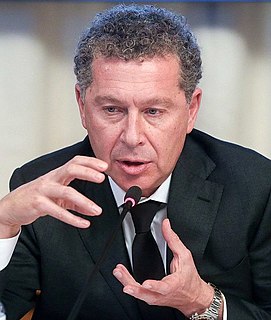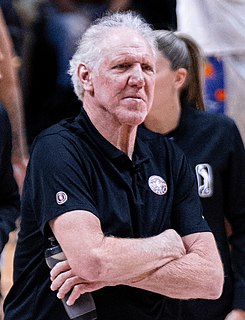A Quote by Neil MacGregor
Objects let you tell a narrative that encompasses everybody. Texts don't.
Related Quotes
I'm obsessed with this idea of storytellers and people who have a narrative, and sometimes sustain a relationship because they're telling a narrative and someone is listening to that. Often the nature of the relationship is determined by how well they tell the story, or someone else's ability to suspend disbelief, or infuse into their narrative something which they may not even be aware of.
It is clear that everybody interested in science must be interested in world 3 objects. A physical scientist, to start with, may be interested mainly in world 1 objects--say crystals and X-rays. But very soon he must realize how much depends on our interpretation of the facts, that is, on our theories, and so on world 3 objects. Similarly, a historian of science, or a philosopher interested in science must be largely a student of world 3 objects.
I think evangelicals would do better if they concentrated less on bolstering the formal authority of the Scripture - which I certainly would want to affirm - and more on displaying how biblical texts can shape lives in salutary ways, how they are fruitful texts, how they are texts one can live according to.
I like to be challenged with language, so I start to do texts for my blogs that people can download, can spread. There is no commercial interest behind it. It's only for fun, like doing something that you really enjoy to do. I have texts that I write specifically for the internet and I put them there. I am interested in how readers also respond to the texts that I write to them.







































